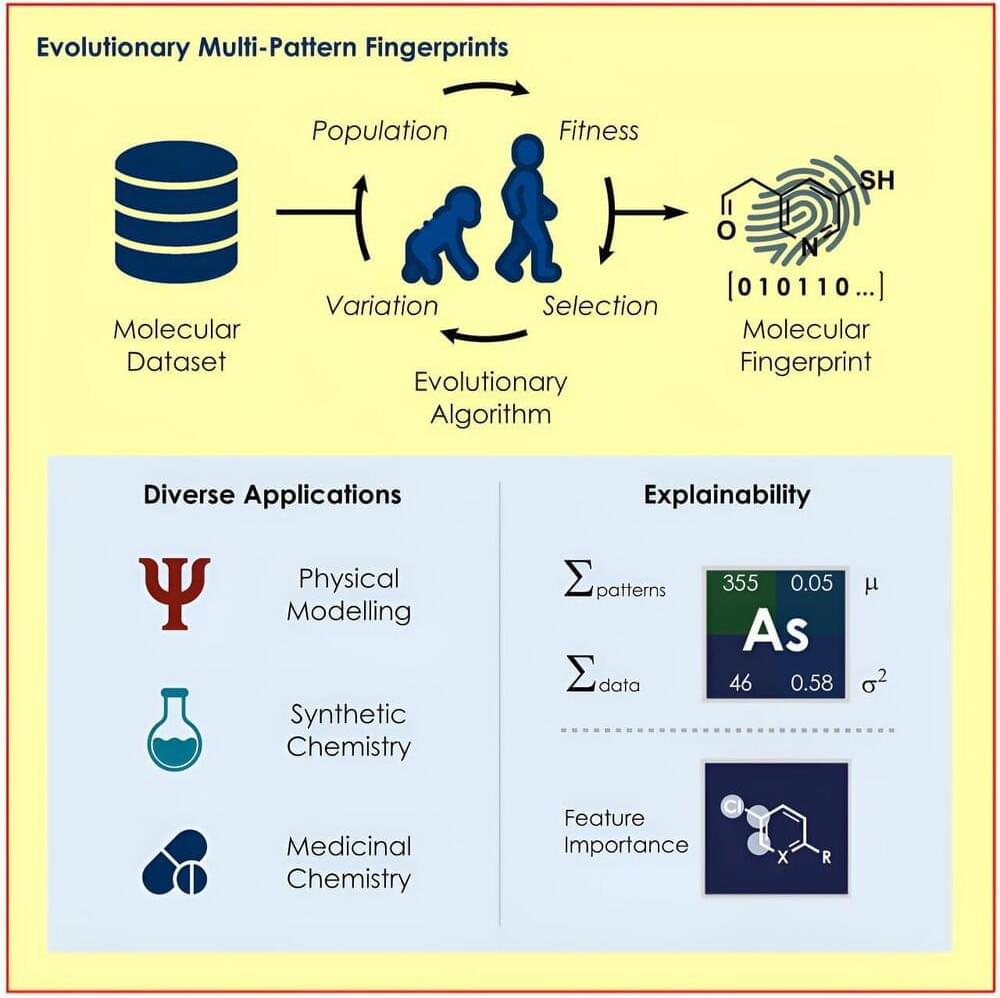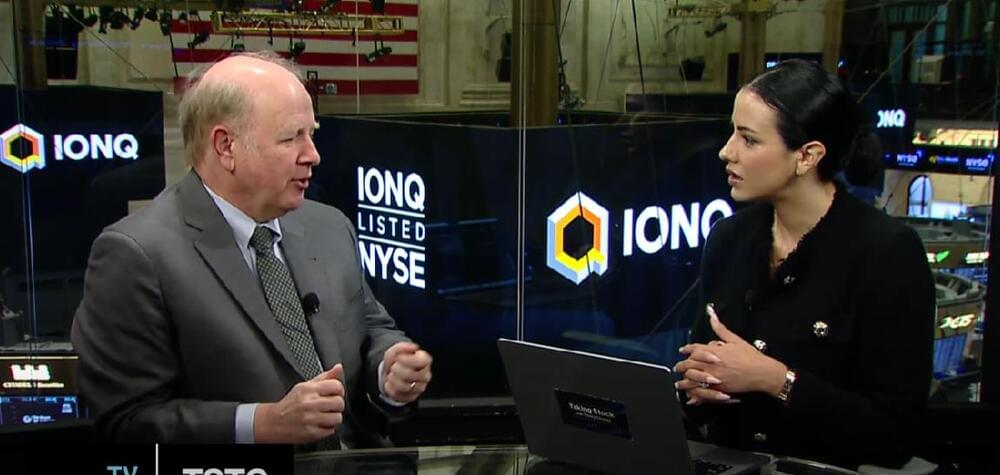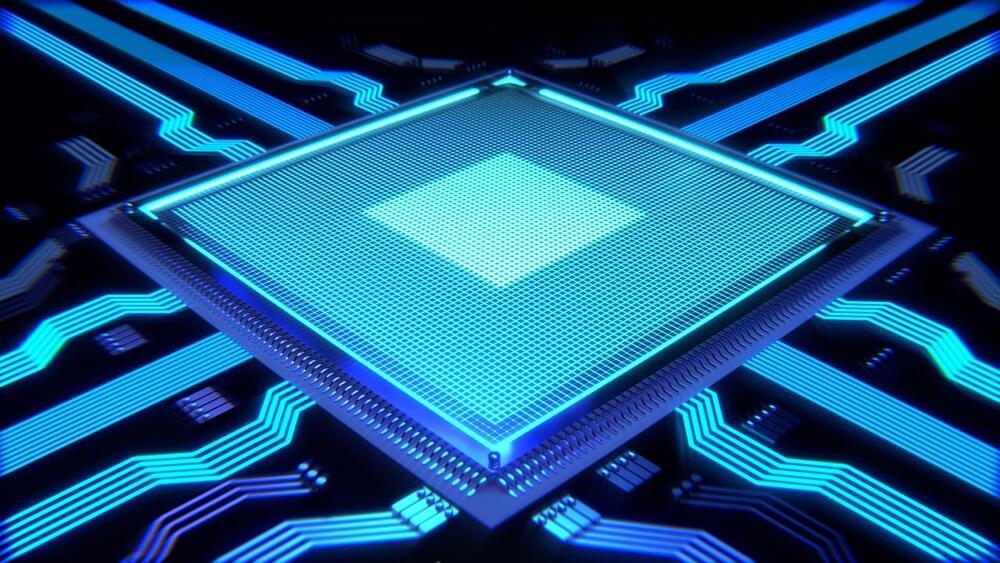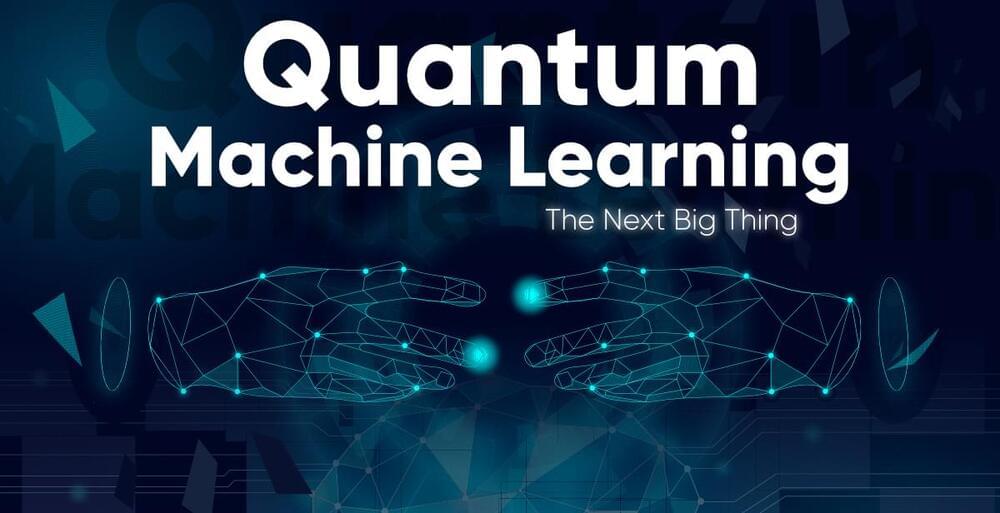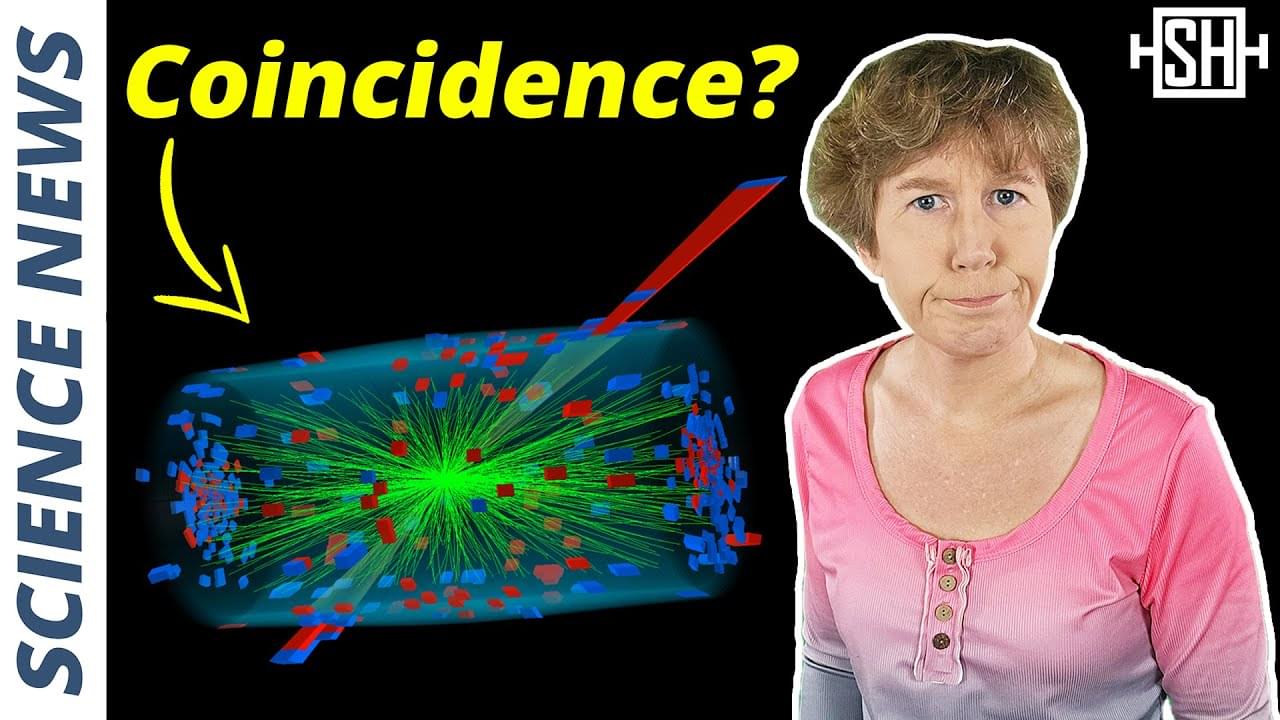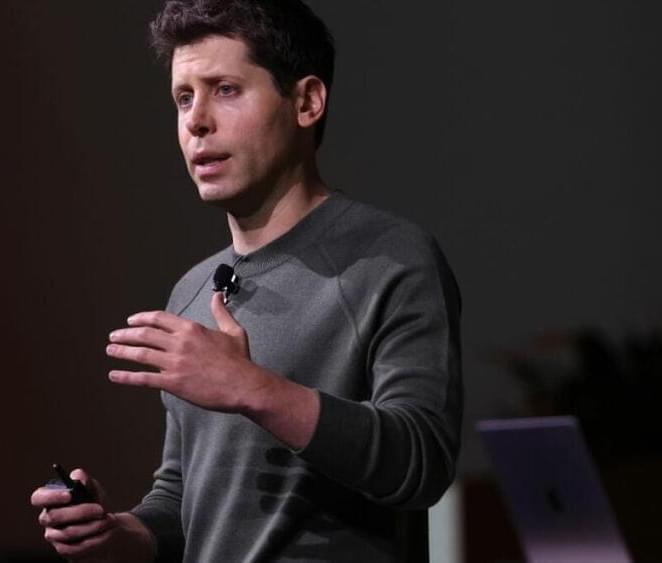May 11, 2024
ChemCrow: The Next Frontier in AI-Driven Chemical Synthesis
Posted by Dan Breeden in categories: chemistry, robotics/AI
ChemCrow, an AI developed by researchers at EPFL, integrates multiple expert tools to perform chemical research tasks with unprecedented efficiency.
Chemistry, with its intricate processes and vast potential for innovation, has always been a challenge for automation. Traditional computational tools, despite their advanced capabilities, often remain underutilized due to their complexity and the specialized knowledge required to operate them.
AI Revolution in Chemistry.

